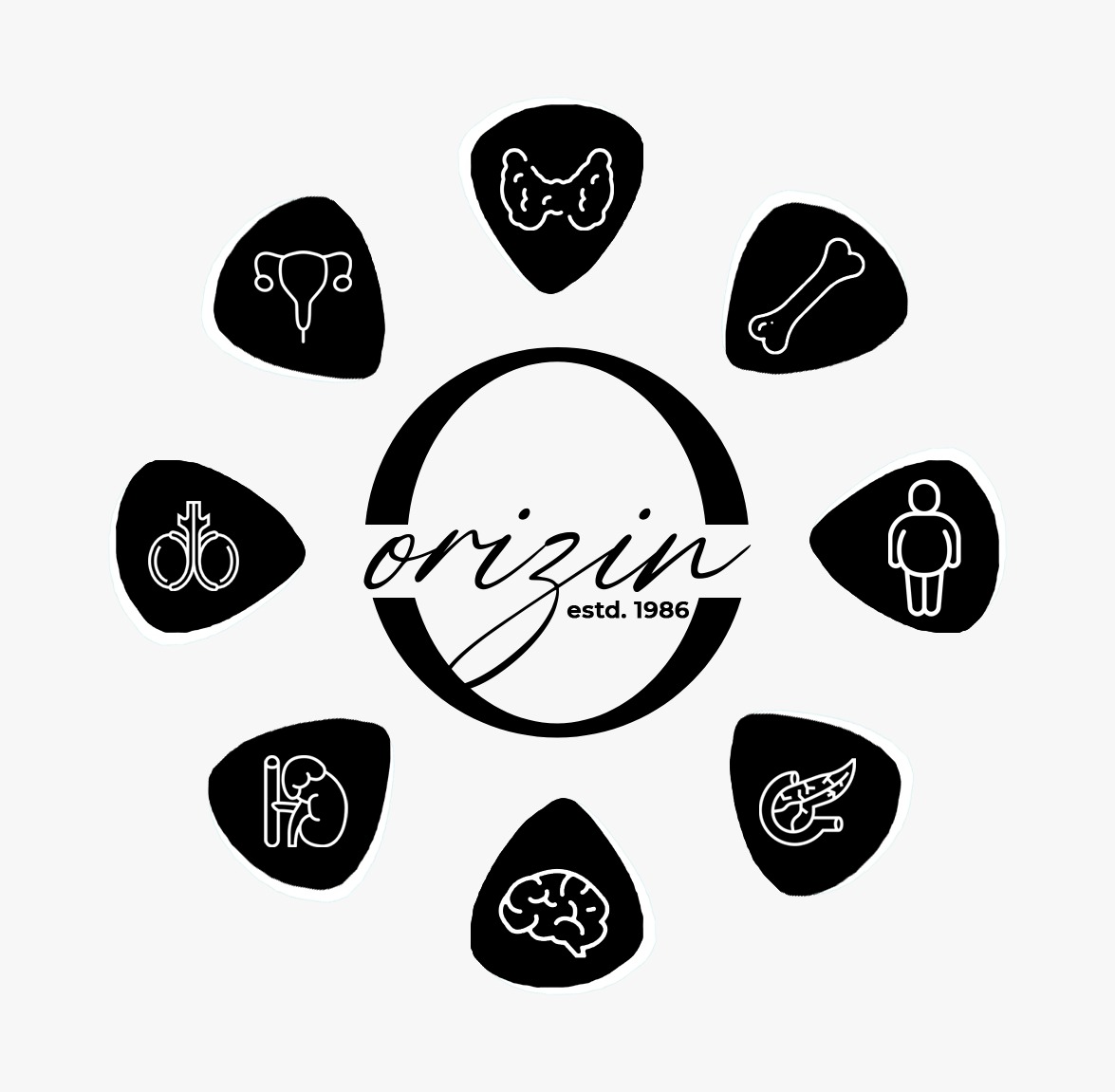Hypothyroidism is when your thyroid gland doesn’t produce enough hormones. This small, butterfly-shaped gland in your neck affects your whole body’s energy and health. Understanding hypothyroidism symptoms is crucial because they can greatly impact daily life.
This blog aims to help you learn about these symptoms, why catching them early matters, and how to manage them in simple day-to-day ways. With more people becoming health-conscious, understanding hypothyroidism prevention has become even more important. Here, we strive to provide clear, helpful information that you can use to safeguard your health and make informed choices.
Early Detection: Symptoms and Importance of Diagnosis
Early signs of hypothyroidism can be easy to miss. People may feel tired, gain weight, or have a lower mood. Other symptoms include dry skin, thinning hair, and feeling cold when others do not. Understanding these could mean spotting a problem sooner rather than later.
Early detection and hypothyroidism diagnosis are vital. When caught early, you can take steps to improve your quality of life. A proper diagnosis can prevent further health issues like heart problems or high cholesterol.
Consider a story about Lisa. She was always tired and gaining weight despite her diet. Her doctor noticed hypothyroidism symptoms during a checkup. With a simple blood test, they discovered her thyroid wasn’t working well. This early detection made it easier for her to start treatment and feel better.
Sometimes, myths can delay a hypothyroidism diagnosis. People might think being tired is just part of aging. Breaking these myths is key. Testing and talking with a healthcare provider are the best ways to confirm what’s happening in your body.
Managing Hypothyroidism Through Lifestyle Changes
Managing hypothyroidism isn’t just about medicine. Lifestyle changes can make a big difference. A hypothyroidism diet plan can be a key part of managing symptoms.
Here are a few dietary choices: – Include more fruits and vegetables as they are full of vitamins. – Opt for lean proteins like chicken and fish. – Avoid too much processed food that has excess salt and sugar.
Exercise and stress management are equally important. Regular activity can help manage weight and boost energy levels. Activities like yoga can be great as they’re gentle and reduce stress, aiding in managing remedies for hypothyroidism.
Women are more prone to thyroid issues. Thus, it’s crucial for women to regularly check for hypothyroidism symptoms. This includes watching out for changes in menstruation or unusual tiredness.
Combining medical treatments with lifestyle changes often works best. This holistic way not only makes treatments work better but can also help you feel healthier overall.
Family Vigilance and Accurate Informed Decisions
If someone in your family has thyroid problems, be extra vigilant about your health. A family history might mean a higher chance of developing hypothyroidism. Regular check-ups are essential to catch any early signs of hypothyroidism before they affect you.
Researchers suggest that genetics play a role in thyroid function. If your mom or grandma had thyroid issues, be proactive. This means picking up on possible causes of hypothyroidism through regular screenings and appropriate lifestyle choices.
Accurate information is your best weapon. Do not rely solely on internet myths or hearsay. Seek guidance from healthcare providers who know well about hypothyroidism symptoms and management.
If you or someone in your family needs guidance, reach out to professionals. Seek reliable sources to get the right info. This can include doctors, dietitians, and support groups. They can offer insights on a maintenance program or a solid hypothyroidism diet plan.
In summary, understanding, detecting, and managing hypothyroidism can seem challenging, but with informed choices and a proactive approach, you can lead a healthy life.

